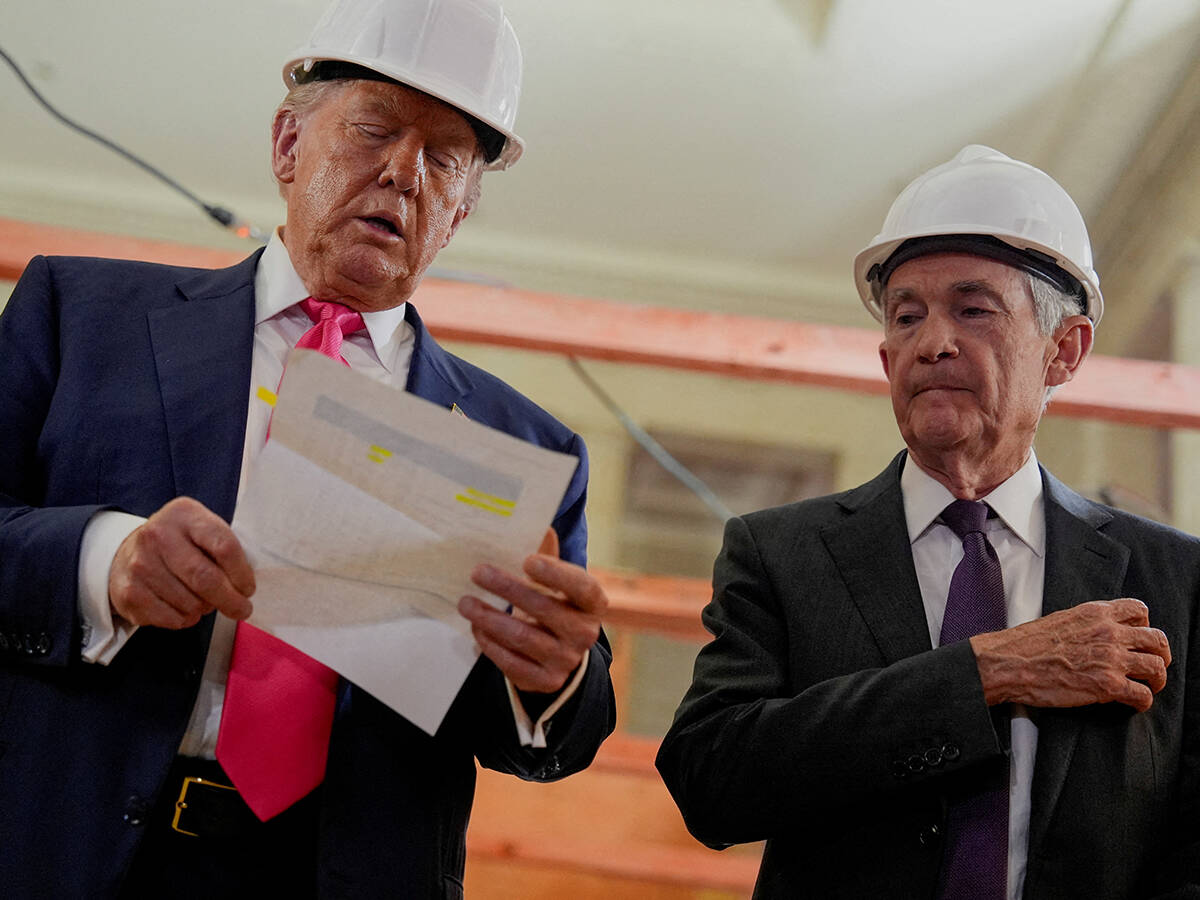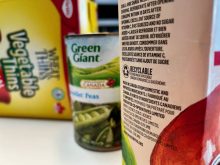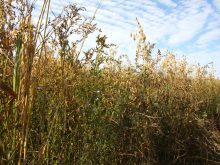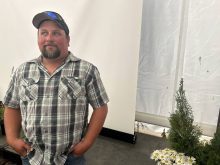The world needs more Canada — at least when it comes to a sustainable agriculture initiative that’s garnered global attention.
The Canadian-led initiative called Agroecosystems Living Labs (ALL) shows how to raise food sustainably in the face of climate change. It has been endorsed at the annual meeting of G20 agriculture ministers.
ALL brings scientists, industry and farmers together to speed up development and implementation of new farming practices. Agriculture Minister Lawrence MacAulay raised it with his fellow ministers during the meeting in Buenos Aires, Argentina.
Read Also

Farm trade policy pundits lay CUSMA odds
What’s the future of Canada’s free trade agreement with the U.S. and Mexico? Policy experts try to read the stars on the issue
Brian Gray, assistant deputy agriculture minister, outlined ALL to a meeting of the G20 agriculture chief scientists at a meeting in Argentina in May. He said ALL brings research to the farm so growers, suppliers and scientists can learn from each other how to sustainably increase food production.
He said that Brazil, France, Britain and the United States have become involved in ALL activities looking for ways to build climate change resilience into agriculture’s ability to feed a growing global population as temperatures rise and precipitation declines.
He told the meeting agriculture has to learn how to significantly accelerate both the development and adoption of beneficial management practices (BMPs).
“We are in the process of establishing a co-ordinated, long-term, nationwide network of sites where producers, companies, non-profit groups, research organizations and governmental institutions collaborate to develop, assess and implement innovative solutions that are rapidly adopted to address persistent agri-environmental issues,” he said.
ALL will enable better integration of natural and social sciences, recruitment and development of human resources with key skills, data management and standardization and evaluation of the benefits of this approach compared to continuing with the status quo.
Countries must work together to raise global awareness of the need for ALL to accelerate progress in attaining increased sustainable production, he said. Work can be done by countries, regions and globally. The goal is for everyone in the agri-food system to learn from each other by sharing experiences.
MacAulay said ALL will enable the testing and monitoring of new technologies and practices on farms. The result will be more practical technologies and sustainable farming practices adopted more quickly by farmers around the world.
The G20 includes Canada, the U.S., the European Union and 17 other countries. Argentina, as current G20 president, proposed that the G20 discuss ways to promote healthy, fertile and productive soils to improve food security and human health, in addition to a discussion on sustainable soil management.
The communiqué noted that after many years of decline, global hunger has increased and now affects 815 million people worldwide.
“The fight against the scourge of hunger and malnutrition in all its forms can only be addressed collaboratively, by sharing our views and experiences on the matter, co-ordinating actions and joining efforts of all national and international actors,” the communiqué read.
Innovation has a key role in boosting food production, the communiqué also said.
“Agricultural development, investment and trade, as well as the use of improved technologies, have been essential drivers of human progress in recent decades and of the improvement in the living conditions of millions of people around the world,” it read.
It also stressed the importance of healthy soils as well as information and communication technologies to bolster productivity and food security, as well as promote sustainable agriculture.
Addressing these issues along soil and water conservation and climate change “along with barrier-free international agricultural trade, will go far in improving global food security.”
During the meetings, MacAulay met his counterparts from the European Union, Mexico, Netherlands, Turkey, Japan, India, Italy and Germany to discuss open trade and other matters of mutual interest.















